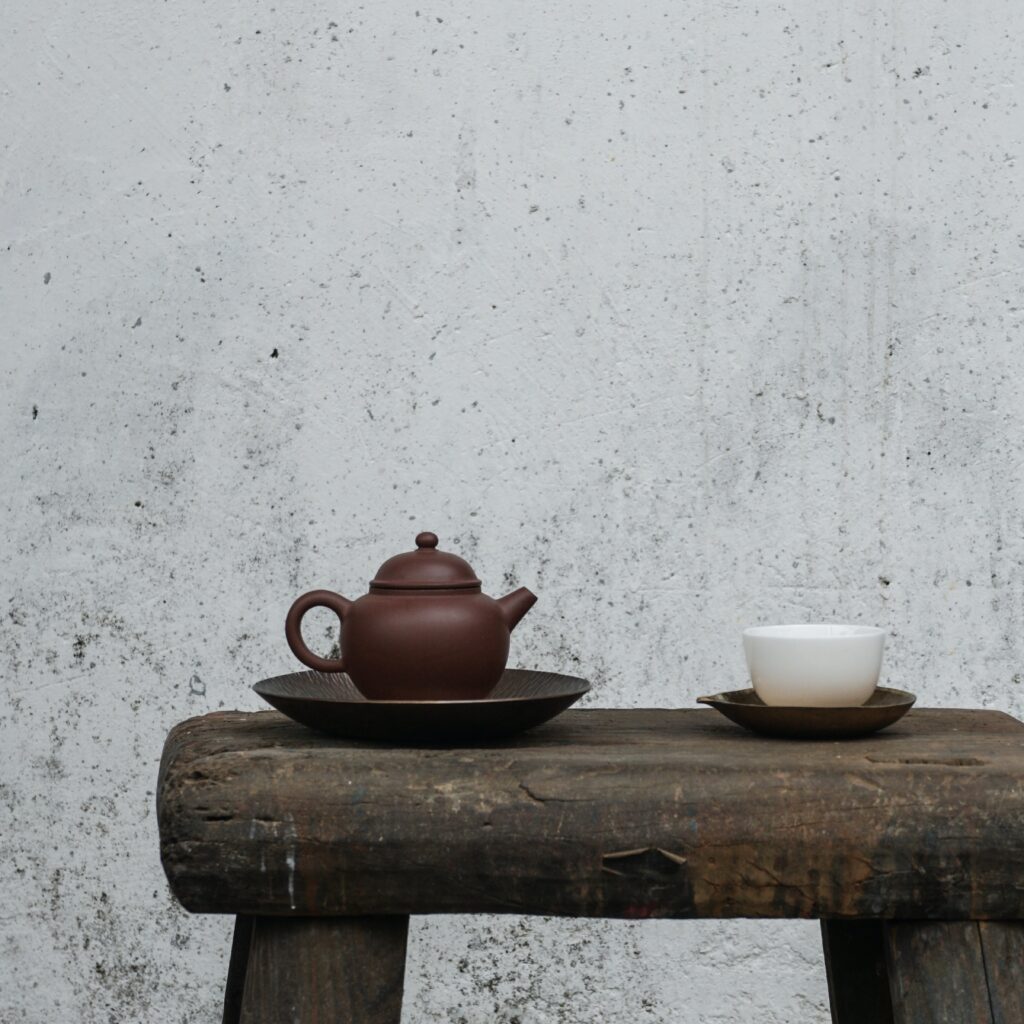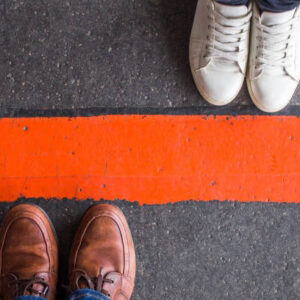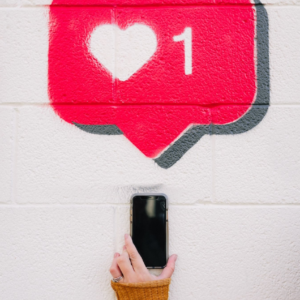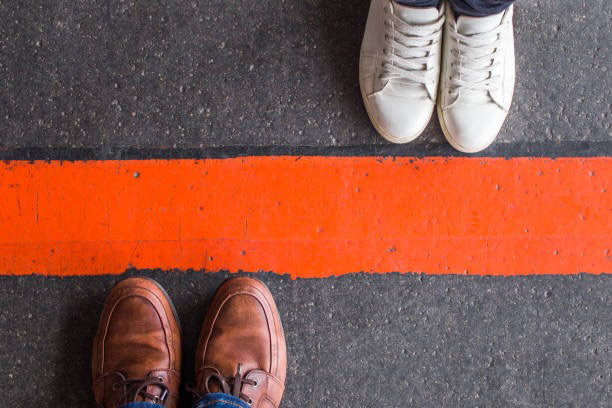“Besides the noble art of getting things done, there is the noble art of leaving thing undone.”
Lin Yutang
It is much easier for me to do, than not to do.
I want to be helpful. When I can see the little thing that could “be of help” to someone, it is hard for me to just let it be and not say or do a thing. I tell myself I would welcome the help if it were me on the other end… although often I bristle when I get unrequested help.
When I find myself on the receiving end of these helpful tips, reminders or actions, I can feel as though I am being corrected. Even when the help is in fact super helpful, I can feel, rising within me, the voice saying “I was getting there.” or “I can do that.”
I suppose that sometimes it is in the delivery of the suggestion, sometimes it is the “who” who is delivering the helpful tip, but always it is really about my own mood. When I am feeling good about myself, and whatever I am doing, the helpful hint, can be just that, helpful! However, if I have my hands full literally or metaphorically, any help offered can make me defensive. I want to say and say loudly “Can’t you see I am doing my best?!?”
On my good days I can recognize that often those people offering “help”, those suggesting that I take a “corrective” action, are doing so because they are uncomfortable. On my good days I can recognize that their need to help and correct things for me has nothing to do with me. On a good day their tone can be scolding or harsh. but I am less likely to hear it that way.
When I see someone doing something and I think that I can help, I find it best to first consider, are we really in this together? Is my help really helpful or are they just not doing a thing the way that I would?
Here is an easy tangible example of that urge. I, like many others, rearrange the dishwasher. People who live with me are tolerant of me doing this on a regular basis. Do I really get more dishes in? Sometimes, but mostly it is because I have an urge to pack it in a particular way, we’ll call it the “right” way! It makes me uncomfortable when the plates are facing different direction. Does it make a difference in how clean they get? Not at all. It is an internal desire for order, the same one which tucks in labels or adjusts physical surroundings.
As a parent this urge can bleed into the areas where I think my child still needs instruction/direction. There are so many of those areas that I often don’t distinguish between the areas where they really have no reference, and those areas where they are just not doing it my way and that makes me uncomfortable. I remember watching them pour orange juice when they were little. Orange juice is a sticky mess when spilled so it was really hard not to pour for them when the carton looked heavy and unmanageable. Although truth be told I really was no better watching them pour milk. All of these things made me uncomfortable.
We did manage to struggle through watching and not taking over, there were some spills and miraculously (to me) more often were none. As the kids got bigger and better able to manage heavy cartons of liquid our need to aid lessened. We moved on to helping them with other tasks. As they got older still, the stakes often got higher, letting them drive felt very different than letting them pour. However, in both cases experience is the teacher.
Often, I think I can be a better teacher than experience; if they would just listen to me, by which I mean do it my way. It is harder to see what they are doing “correctly” than what they are doing “incorrectly” because I am not bothered when they do things as I would!
My helpfulness often sends the message that they are incorrect and doesn’t help them to learn to balance the weight in the carton.
To recognize when I can be helpful and when I am just uncomfortable with how it is going can be hard to discern. The art of inactivity, allowing them to do it their way, to find their own balance is hard.
The art of inactivity is to let things unfold – without our interference. To trust that as a parent you can help mop up the juice if it spills. To trust that passing the driving test proves a level of competency. Achieving these things, without us, is what allows them to grow up. We have to let go and let our kids find their own path forward, even when we wish they would walk with us on the road we envisioned for them. That was our vision, and theirs may be different.
We must leave the clothes on the floor of their room, let them go to school without homework, let them climb to the tippy top of the jungle gym, without interference. This is the art of letting things alone – and marveling in what happens. Letting bad things happen as well as good.
While as parents we want no bad things to happen ever, that is not reality. We can be there to help with the clean up, but it is impossible to protect them from everything. Often letting them learn while they are still at home is hard because we see the actions they are taking (or not taking). We like to remind parents that this is also a time when the stakes are not as high, because we are there to help with the clean up, to dry the tears, to patch the wound.
Good parenting is often the art of inaction.






